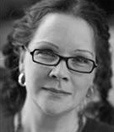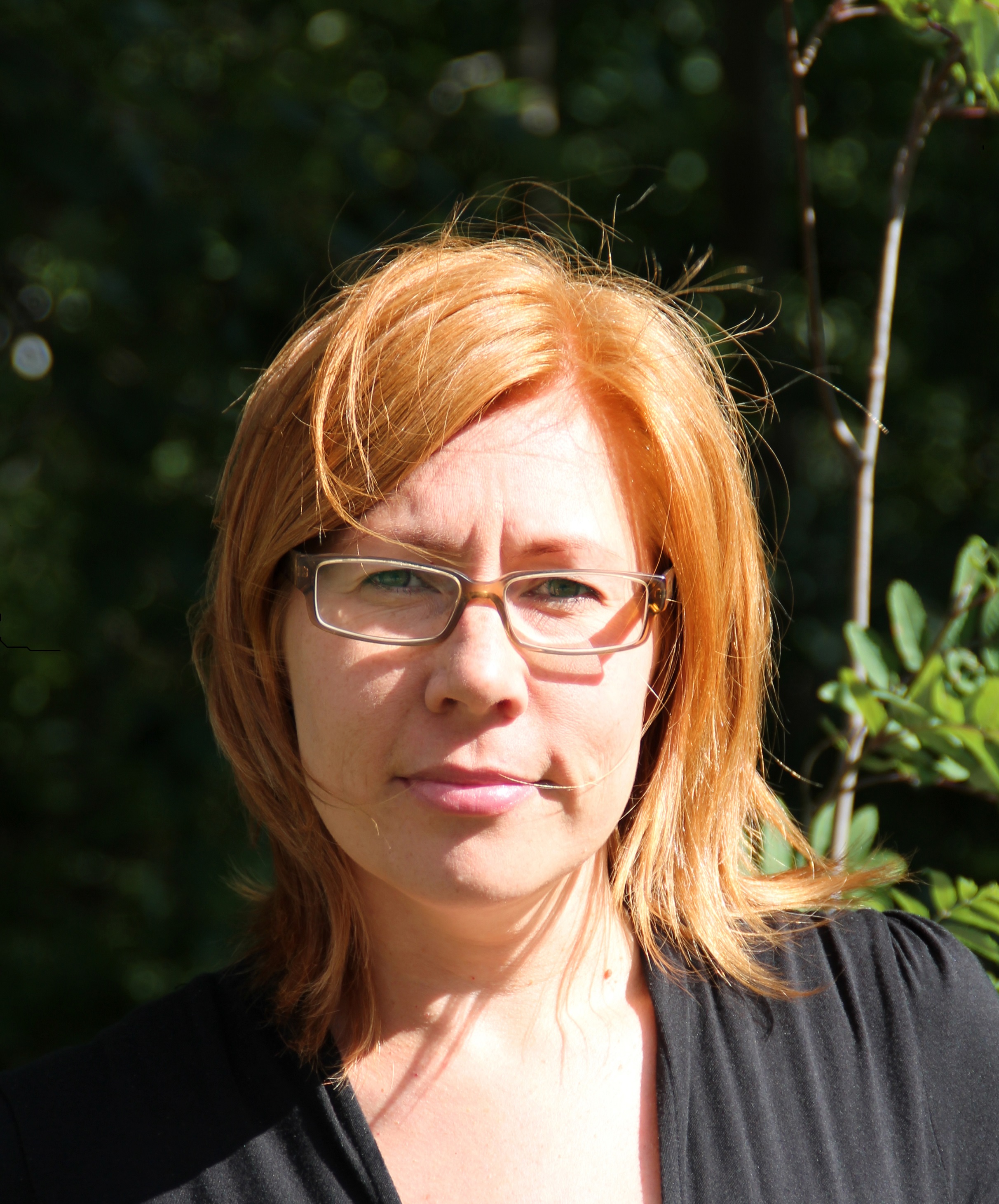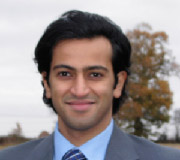
Prof. Alan O'Neill
University of Reading, UK -
http://www.met.reading.ac.uk Enabling the transition towards Earth Observation Science 2.0 - Session A1: A new era for Open Science and Earth Observation
Alan is a professor at the University of Reading, where he is Director of Research for the School of Mathematical and Physical Sciences. He was the academic lead in setting up at Reading the Institute of Environmental Analytics, the role of which is to translate scientific research based on Earth Observation data into wider benefits for society. He was the founding director of the UK's National Centre for Earth Observation and also the founding director of the Data Assimilation Research Centre, which aims to develop ways to synthesise EO data with Earth System Models. He is an atmospheric scientist by training, and spent his early research years working at the UK Met Office, where he led a group that used satellite data to understand the dynamics of the stratospheric circulation. He has recently served as Chair of ESA's Earth Science Advisory Committee (ESAC).

Francesca Bria
NESTA, UK -
http://www.nesta.org.uk/ Digital innovation for social good - Session A.2 Open Innovation and Tools
Francesca is a Nesta Senior Project Lead in the Nesta Innovation Lab. She is the EU Coordinator of the D-CENT project on direct democracy and social digital currencies and the she is the Principle Investigator of the DSI project on digital social innovation in Europe. Francesca is a Researcher and Teaching Associate at Imperial College Business School in the Innovation Studies Centre- Digital Economy Lab. She has a background in social science and innovation economics and an MSc in E-business and Innovation from the University College of London, Birkbeck. Francesca is a member of the Internet of Things Council and an advisor for the European Commission on Future Internet and Smart Cities policy. She is also a member of the EC Expert Group on Open Innovation (OISPG) and a member of the European Research Cluster on the Internet of Things (IERC).

Dr. Heather Leson
Qatar Computing Research Institute -
http://www.qcri.org.qa/home Digital Humanitarian in the Sky - Session B1 Citizen Science
Heather Leson is a programme manager and community builder for global open source projects. As the Programme Manager, Social Innovation for the Qatar Computing Research Institute, Qatar Foundation she creates projects and programmes for social innovation and humanitarian software.
Specializing in strategic planning, technology innovation, and fundraising, Heather is the President of the Board of Directors for Humanitarian OpenStreetMap Team and a Board Member for PeaceGeeks. She holds a Bachelor of Arts degree in Combined Political Science and History from Carleton University in Canada’s capital city of Ottawa, and a Library and Information Technician diploma from Seneca College of Applied Arts and Technology in Toronto.

Dr. Sanna Sorvari
Finnish Meteorological Institute -
http://en.ilmatieteenlaitos.fi/ Environmental Research Infrastructures as enabler of Open Science 2.0 - Session B2 Earth Science Virtual Research Environment
Sanna Sorvari has her scientific background in climate and Arctic research, paleoecology and limnology. She is experienced in coordinating and initiating of international and national research activities in environmental science, especially in the recent years she has worked for establishing ESFRI Environmental Research Infrastructures at the national and European level (e.g. ICOS, ACTRIS, ANAEE). Sorvari has also facilitated the collaborative work of Environmental Research Infrastructures at the European level (Chair of the ENVRI stakeholders' Advisory Board, Executive Board member of ENVRIplus) and at the international level (COOPEUS Steering Committee member, member of Belmont Forum's Env. data management action). She is also a member of H2020 Expert Advisory Board for research Infrastructures and e-Research Infrastructures. In addition, she is a co-chair of JPI Climate Working Group on Mowing towards Reliable Climate Predictions and a member of the JPI Climate Management Board.

Ravi Kapur
Imperative Space -
http://www.imperativespace.com Making the invisible visible - blending data, film, CGI and intuitive apps for training, education and public engagement - Session C2 Training a new generation of Data Scientist
Ravi is the founder and Managing Director of the ventures Imperative Space and GovEd Communications, which provide creative, media, education, consultancy and design services for the science, space, environmental and government sectors, including in earth observation related areas. Ravi has wide-ranging experience in science communication, education and media innovation, and has worked on numerous space-related creative communications and education projects. His multi-disciplinary background has also included data visualisation, interactive technology, educational policy and public sector innovation, and he has a track record of over twenty years as a film-maker. He was previously the Head of Innovation Challenges for NESTA (National Endowment for Science Technology and the Arts) in the UK where he instigated several innovative climate change communications and carbon reduction projects, and Head of Communications for pioneering digital channel Teachers’ TV (the world's first full-scale television channel for the education sector).

Dr. Javier de la Torre
CartoDB -
http://cartodb.com/ Making the most of Earth Observation through visualisation - Session C1A Scientific Communication and Visualisation
Javier de la Torre is the CEO of CartoDB, a global startup democratizing data analysis and visualization on maps. He is a former scientist with a research focus on biodiversity informatics and global environmental change, and is a recognized expert on open data, open source software, and data visualization.